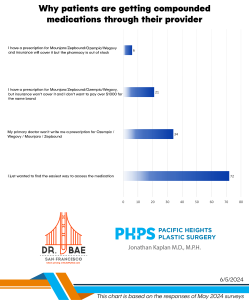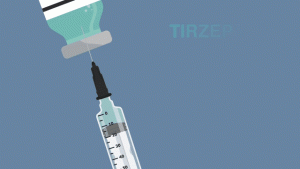 I love it when postop surgery patients answer my phone call. It’s officially 10 years in practice now and still, without fail, I call my outpatient surgery patients the night after their surgery. And it’s all because of how I was treated when I had surgery as a young tyke.
I love it when postop surgery patients answer my phone call. It’s officially 10 years in practice now and still, without fail, I call my outpatient surgery patients the night after their surgery. And it’s all because of how I was treated when I had surgery as a young tyke.
Why you should call your postop surgery patients
When I had my tonsils removed as a kid, I went home soon after the procedure. Later that night, Dr. Pate, my ENT, called to check on me. He was surprised I answered the phone myself. While I may have surprised him, it was probably also reassuring that his postop patient was feeling well enough to answer his call. And honest to G-d, ever since then, I realized calling to check on a patient at home was the way to go. For several reasons.
Obviously, calling a patient the night after their outpatient procedure means a lot to the patient. But it also means a lot for the doctor and speaks volumes. First, it shows the patient’s pain is tolerable enough that they can answer their phone.
Secondly, it means the patient is able to take care of themselves. Let me explain. The morning of surgery, I ask the patient for their mobile number. If they have a family member in the room, the family member sometimes offers to give me their phone number. The family member means well. They figure the patient won’t feel like answering the phone so they’ll help out. But that’s not always good for the patient and I insist on getting the patient’s phone number.
The patient can and should take care of themselves after an outpatient procedure. They don’t need a “helicopter mom” or caregiver doing everything for them. It’s ok if the patient fends for themselves, especially easy tasks like picking up their cell phone!
So when I call to check on the patient and they answer, there’s an immediate calm and reassurance that comes over me. I instantly know the patients pain is under control and I know they’re active enough to move around, use the bathroom and take care of themselves. That kind of physical movement reduces the risk of blood clots in the leg, a pulmonary embolus and many other postop complications. And then I can sleep better at night, just like my patient.
Click here for the original blog post written by Dr. Jonathan Kaplan for BuildMyBod.



